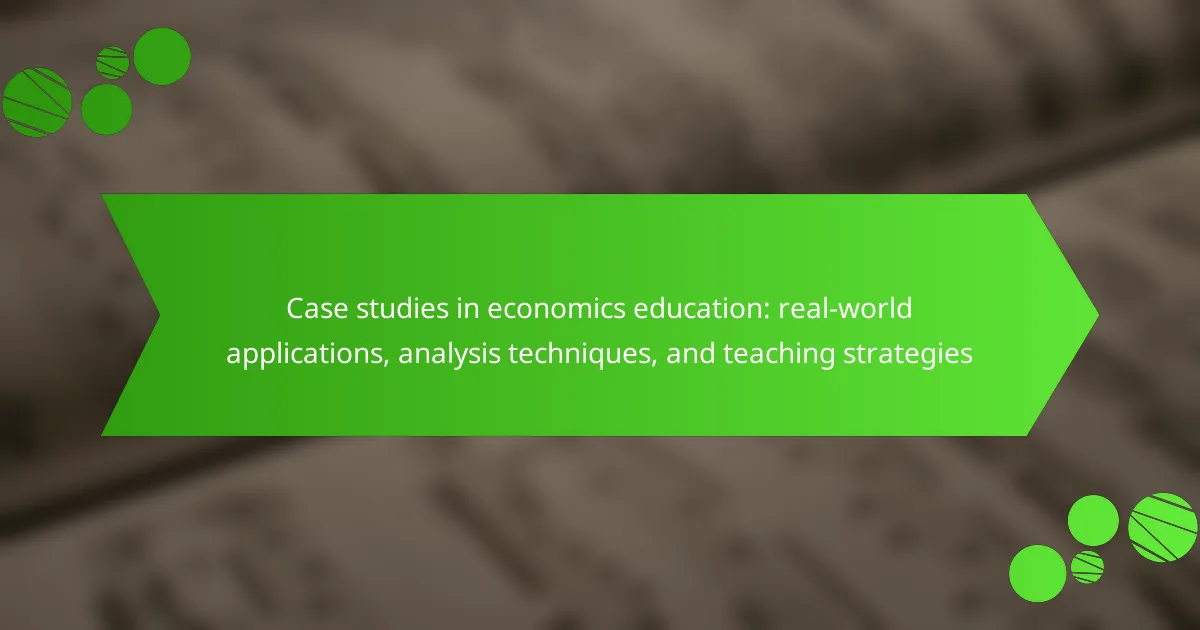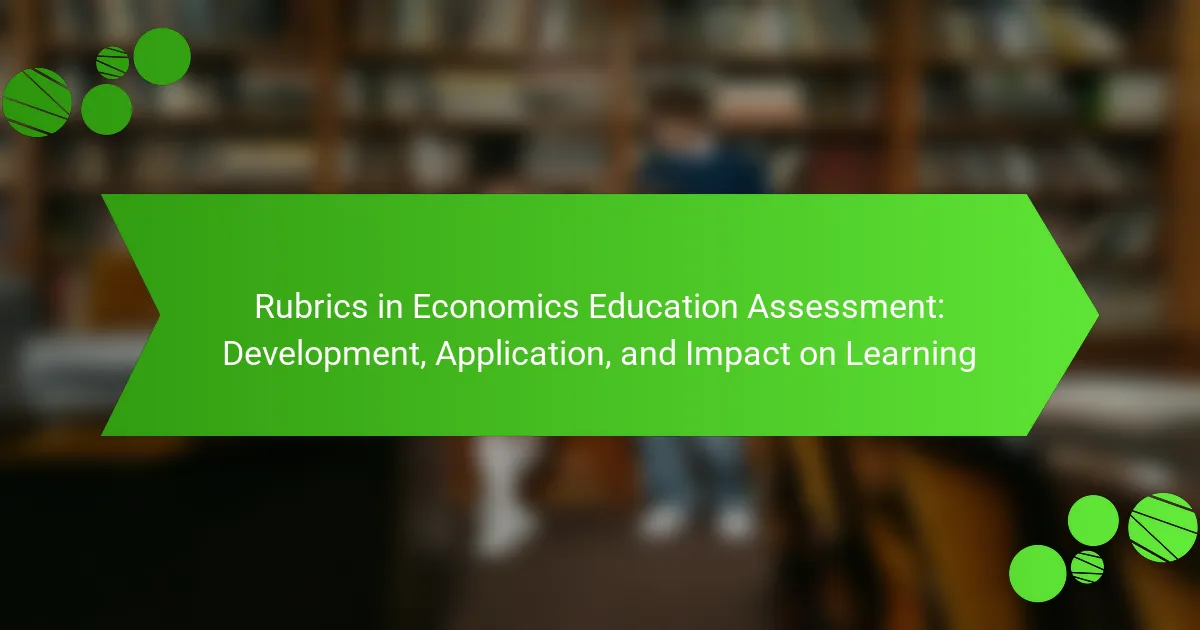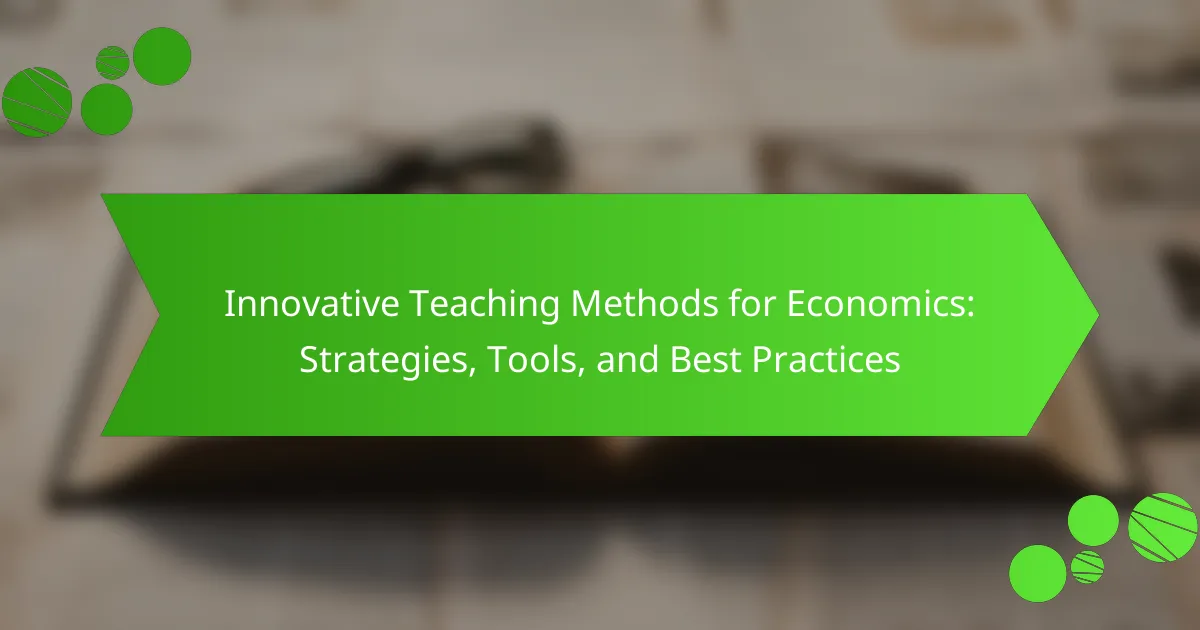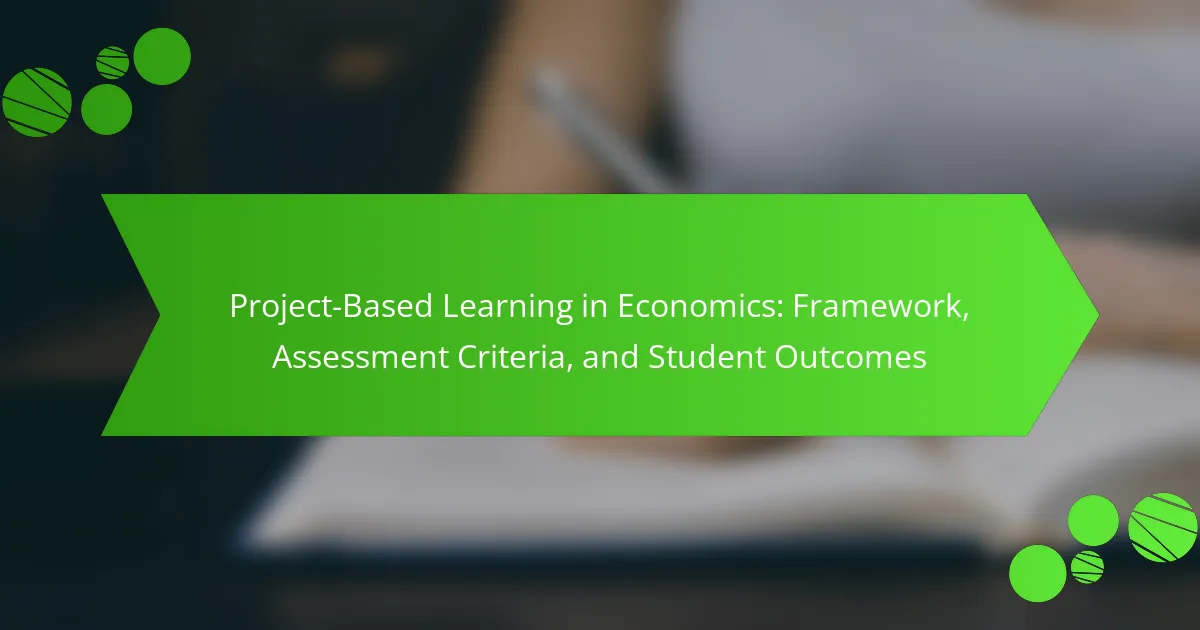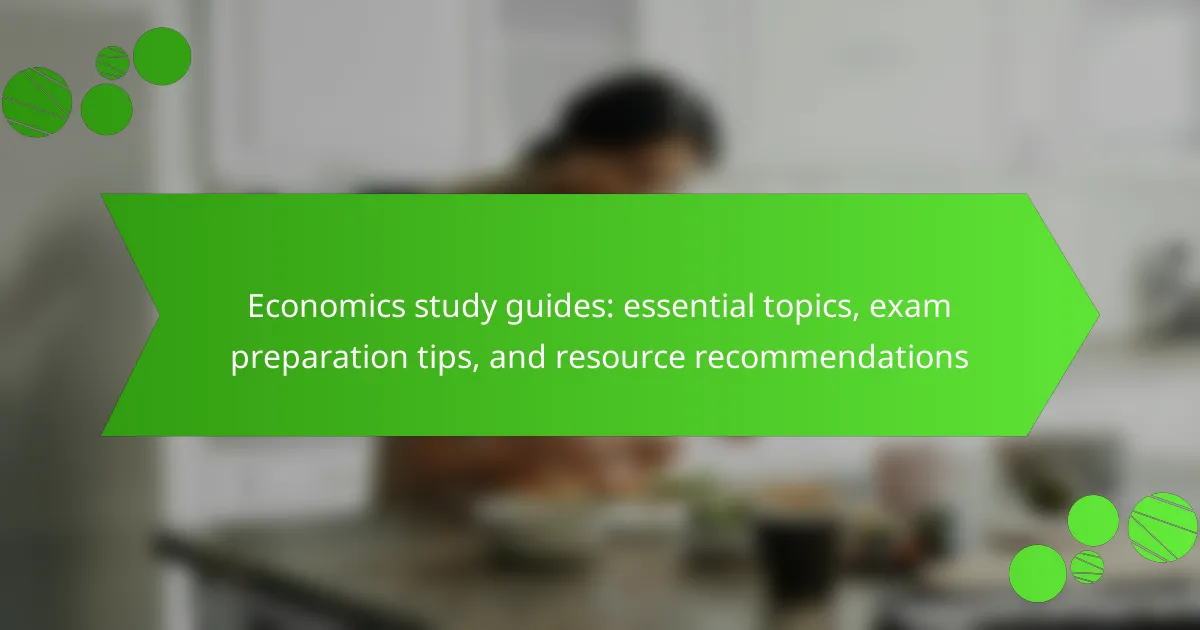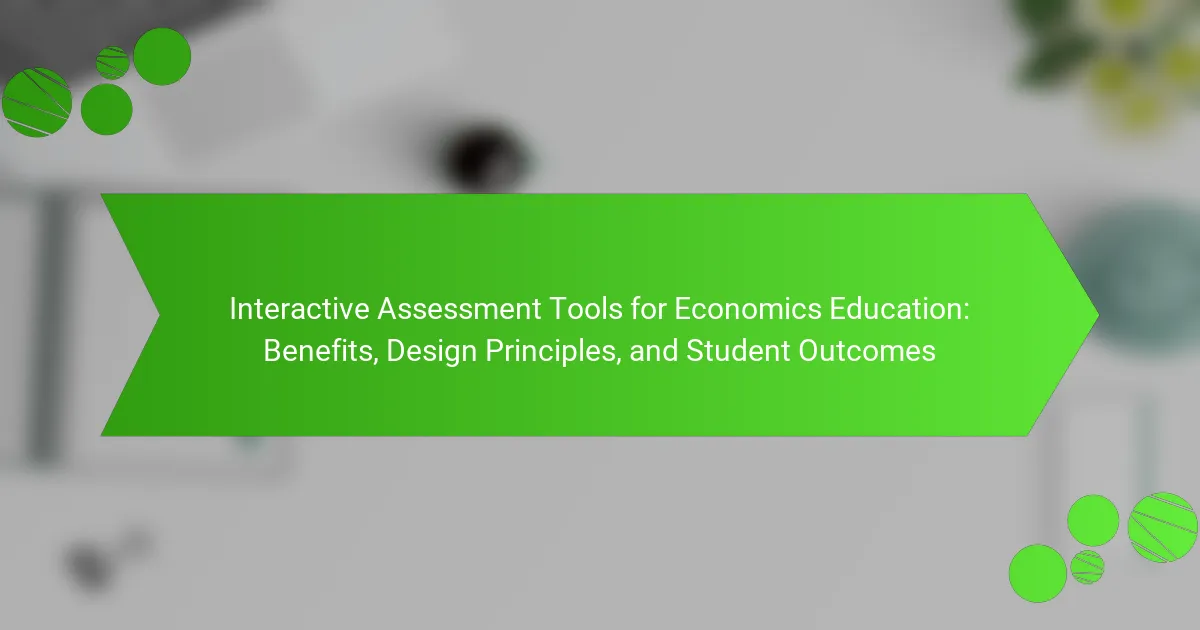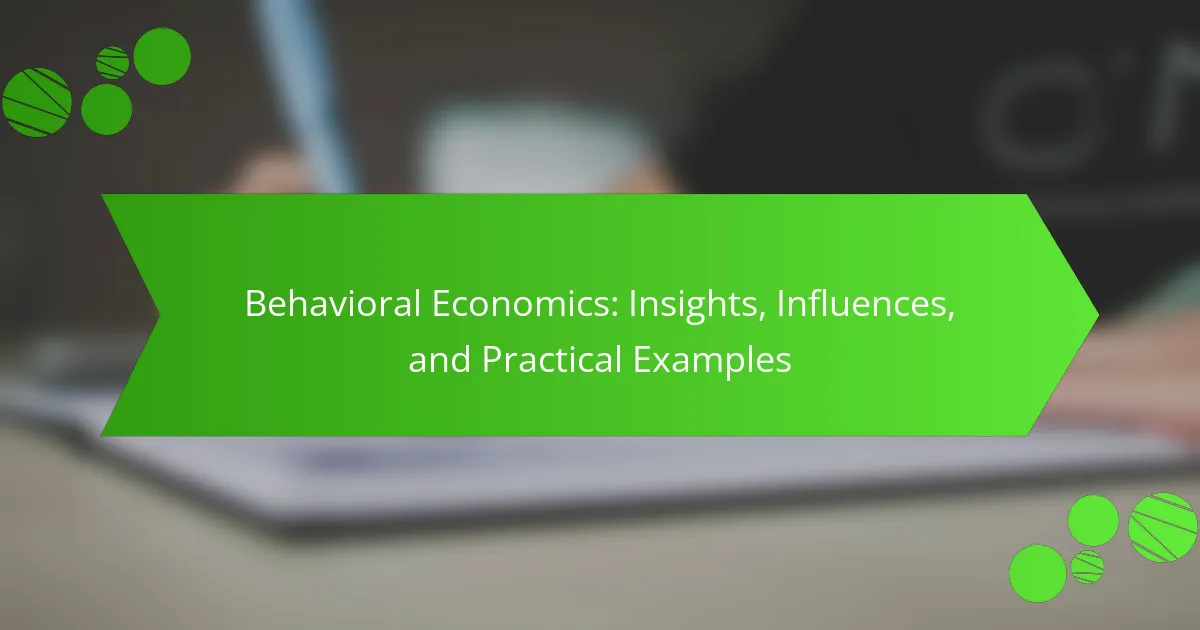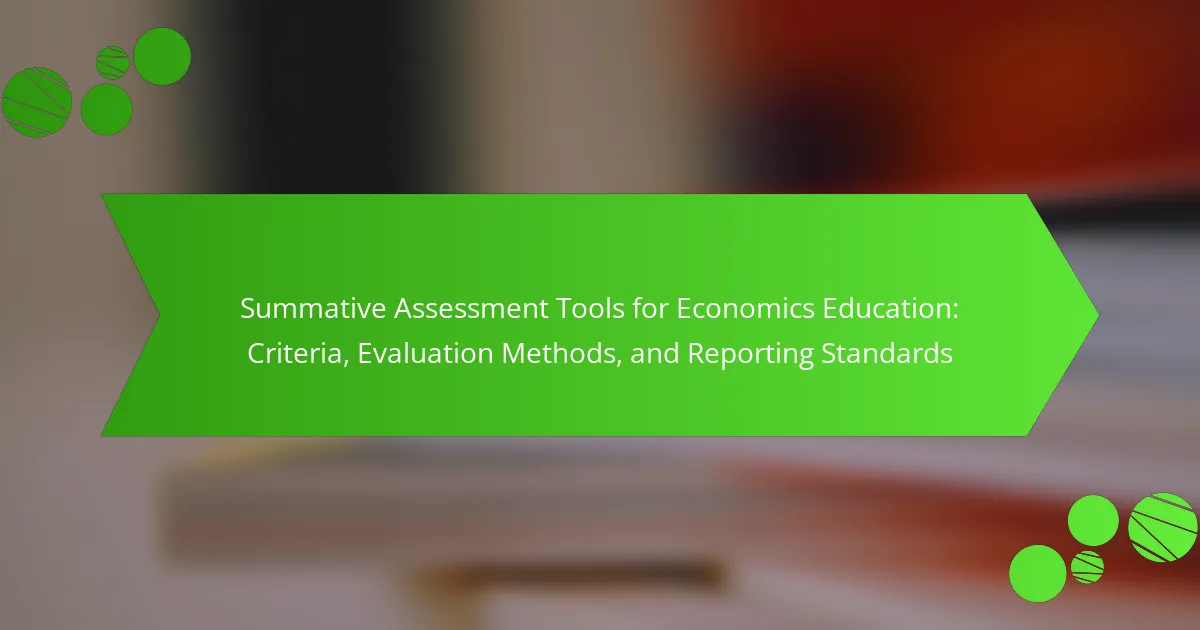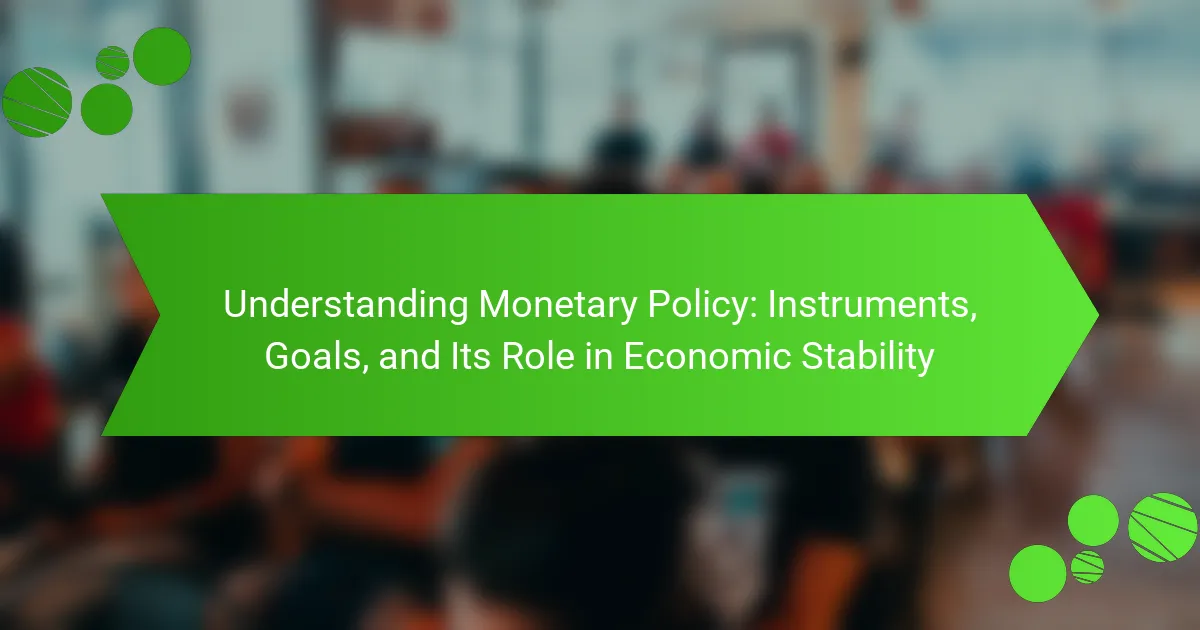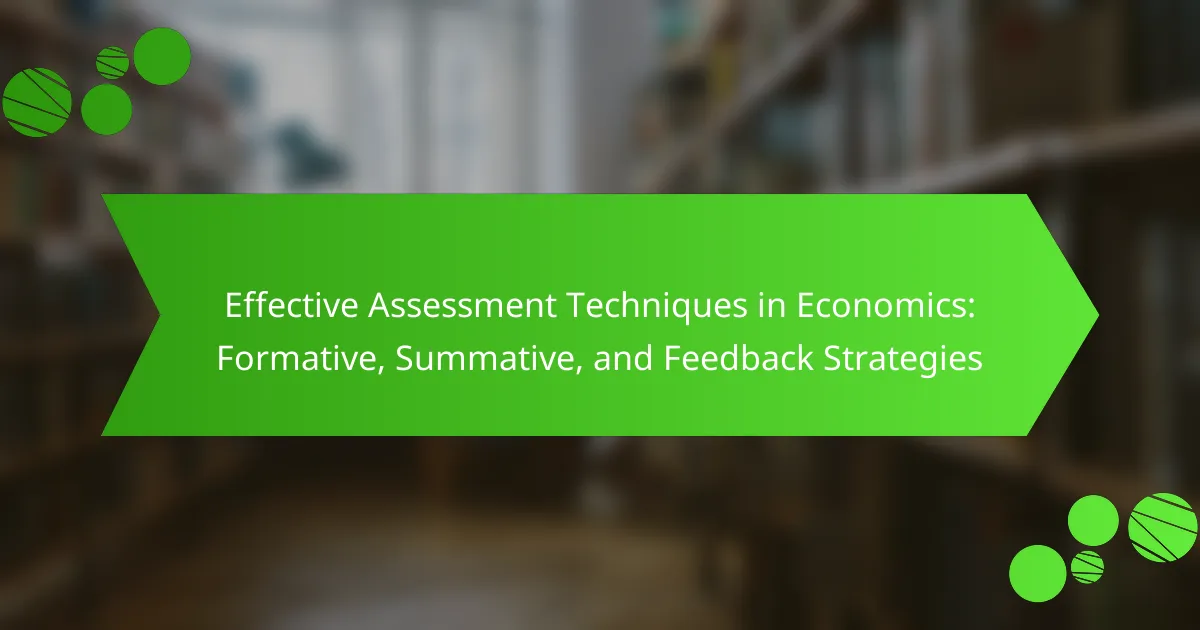
Effective Assessment Techniques in Economics: Formative, Summative, and Feedback Strategies
Effective assessment techniques in economics encompass formative assessments, summative assessments, and feedback strategies. Formative assessments, such as quizzes and discussions, provide ongoing evaluations to identify student understanding and areas for improvement. Summative assessments, including final exams and projects, evaluate comprehensive learning at the end of instructional units. Feedback strategies offer timely insights into student performance,…
